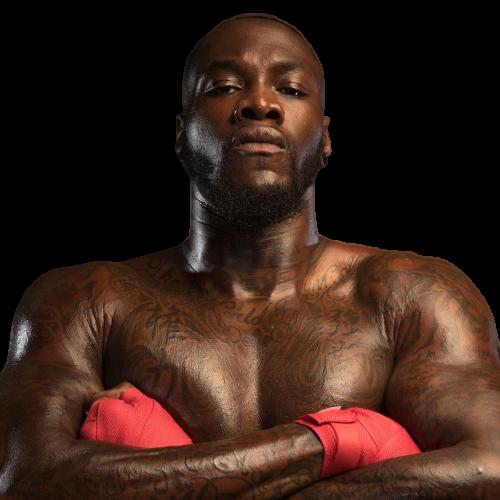What do you call a former heavyweight champion fighting in Wichita against someone most people have never heard of? That’s right, you call it Friday night’s depressing spectacle featuring Deontay Wilder versus Tyrrell Herndon. The Bronze Bomber, once the most feared puncher in heavyweight boxing, is now reduced to what amounts to a glorified exhibition match against a bloke who won something called the Texas Combative Sports Program Texas Heavyweight championship.
Let’s be brutally honest about where we are with Wilder’s career trajectory. The man has lost four of his last five fights, with three of those defeats coming by way of knockout. This is the same fighter who once held the WBC heavyweight title for five years and knocked out 42 of his 43 victims. Now he’s facing Tyrrell Herndon, a 37-year-old journeyman whose greatest claim to fame is a three-fight winning streak after getting starched by Richard Torrez Jr.
The parallels between boxing and MMA have never been more apparent than watching former champions desperately clinging to relevance. At least when Chuck Liddell was getting knocked senseless, Dana White had the decency to put him out to pasture. Boxing, however, continues to feed aging lions to anyone willing to pay for a venue in Kansas.
The Downward Spiral Continues
Wilder’s descent began with those brutal back-to-back losses to Tyson Fury, where the Gypsy King exposed every technical flaw in the American’s game. Sure, there was that brief moment of hope when he flattened Robert Helenius, but that proved to be nothing more than a dead cat bounce. The knockout loss to Zhilei Zhang last June was particularly damaging – getting stopped by a 41-year-old Chinese heavyweight hardly screams “championship material.”
What makes this whole affair even more tragic is that Wilder, at 39, still possesses that devastating right hand. But boxing isn’t just about power, and his defensive liabilities have been ruthlessly exploited by every decent opponent he’s faced. The sport has evolved past the point where you can rely solely on one-punch knockout power, something the MMA world learned years ago when wrestlers started dominating strikers.
The Reality of Modern Combat Sports
This fight card reads like something you’d find on a Tuesday night regional MMA show, complete with debuting fighters and journeymen padding records. The main event features two men whose combined age is 76, neither of whom has any realistic path back to championship contention. It’s the sort of matchmaking that makes you appreciate how ruthless the UFC can be about cutting dead weight.
The streaming situation tells you everything you need to know about the commercial viability of this contest. BLK Prime pay-per-view isn’t exactly setting the world alight, and having to resort to platforms most casual fans have never heard of suggests this is more about keeping Wilder’s name in the headlines than genuine championship ambitions.
Herndon, to his credit, has won three straight fights, but let’s not pretend this represents any sort of meaningful test for someone of Wilder’s supposed calibre. The man’s record of 24-5 includes losses to fighters you’ve never heard of, and at 37, he’s hardly in his athletic prime. This feels less like a legitimate comeback vehicle and more like an expensive sparring session.
The Bigger Picture
What’s particularly frustrating about watching Wilder’s career circling the drain is how it reflects boxing’s inability to protect its former stars. The sport continues to sanction these mismatches while fighters accumulate brain damage for diminishing returns. At least in MMA, when legends like Anderson Silva or BJ Penn started getting embarrassed, there was genuine discussion about when to call it quits.
The fight takes place this Friday night in Wichita, Kansas – hardly the sort of venue that screams “major sporting event.” The 9 PM ET start time suggests they’re hoping to catch some casual viewers, but realistically, this feels more like a wake for Wilder’s championship aspirations than any sort of meaningful comeback attempt. What’s your take on former champions fighting well past their prime – should athletic commissions step in, or is it down to the fighters themselves to know when to walk away?



Comments (0)